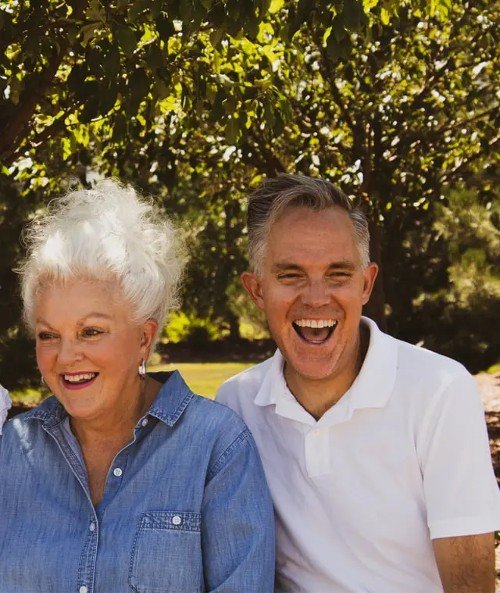Aging & Depression: How to Experience One Without the Other
The aging process is quite a ride. It is a time to reflect on one’s life. It’s also a time when some disturbing new factors can affect your life. The older person has many adjustments to make.
Perhaps, friends and family members are dying. Chronic diseases can emerge. Finances and opportunities might be leaner now than in your younger days.
For all of these reasons, we might associate aging with low mood and depression. Still, it is definitely not that simple and definitely not automatic. Multiple elements must be considered when attempting to assess such a connection.
Does Depression Have to Accompany Aging?
Short answer: no. For further context: Our perception of aging is often skewed. We see an older person displaying signs of depression and assume it’s normal and inevitable. In reality, senior citizens experience depression at a lower rate than other age groups. That said, this does not mean we should ever downplay the potential impact. Let’s take a closer look at some information you need to know:
Medications
In our culture, there is an increased likelihood that you’ll take multiple prescription drugs as you age. In fact, 36 percent of adults over 62 take at least five medications. This is relevant to our discussion because prescription drugs have side effects. One such side effect is depressive symptoms. So, before assuming it’s depression, you should do your homework and assess accordingly.
Acceptance
Many older adults feel uncomfortable admitting to feeling depressed. They may see themselves as a “burden” or fear being judged. This reality can skew the reporting of depression — and its treatment options.
Dementia
Unfortunately, far too many people see dementia as inevitable as they age. However, depression can mimic dementia symptoms. Once again, this shapes how often depression is reported and treated.
Related Health Issues
If you believe you may be depressed, it is imperative that you seek help. Untreated depression can obviously wreak havoc on your mental wellbeing. It can also cause physical problems like:
Sleep disturbances
Sudden increase or decrease in appetite
Unexplained aches, pains, and muscle tension
Fatigue and low energy
Compromised immune function
The common perception of depression is that it presents itself in the form of sadness. This is often true but it barely touches on the potential range of symptoms. Do your best to stay diligent and self-aware.
Be Aware of Your Potential Risk
Not all people are equal when it comes to depression. For example, women are more likely than men to be diagnosed. Here are some additional factors that can increase an older adult’s risk of becoming depressed:
A family history of depression
Financial stress/low income
Addictions (particularly alcohol abuse)
Feeling socially isolated and unsupported
Being single (whether windowed or unmarried)
Recent medical problems, ranging from chronic pain to strokes and heart attacks
Dwelling in a long-term care facility
Depression is Not Inevitable and Can Be Treated
Please know that simply getting older is not a one-way ticket to depression. However, this common mental condition must be viewed as possible and treatable.
A great first step? Commit to self-awareness. Monitor yourself in terms of potential symptoms and also, positive signs. Maintain a well-rounded perspective on your life and well-being.
The next step? Correct diagnoses by experienced and trusted professionals. Talk to your doctor about powerful preventative choices like exercises and dietary changes. In addition, if you are unsure about what you’re feeling, reach out to a mental health professional. At any age, depression can be effectively addressed, managed, and treated.
I’ve worked with numerous senior citizens and I understand the issues that are unique to their lives. You do not have to suffer through your golden years. You may find that regular therapy sessions are a source of connection, optimism, healing, and recovery.
Please read more about depression therapy, then reach out for a confidential consultation today.

